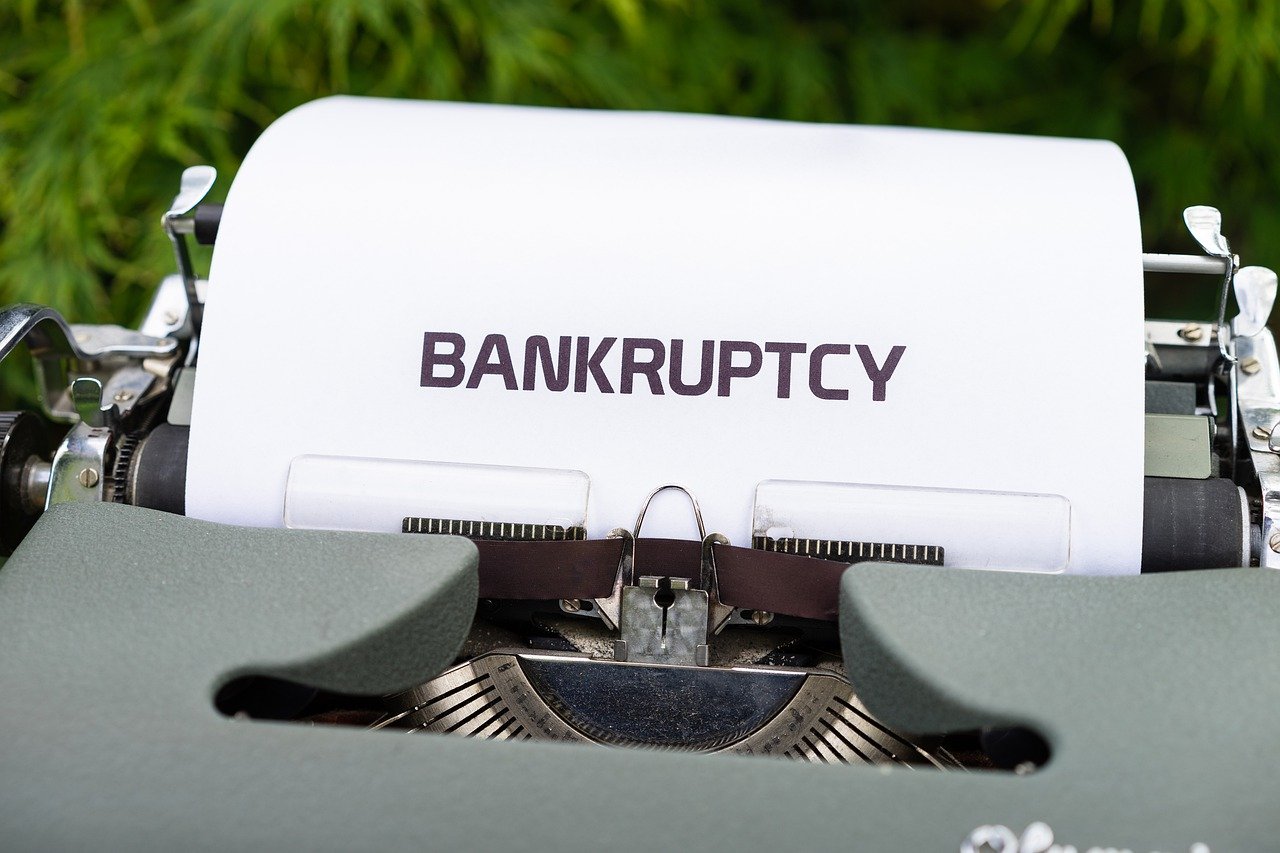
For many individuals and families, bankruptcy is not only frightening but also a confusing, lengthy and expensive process that often makes bankruptcy unworkable for people whose financial situation is dire. Bankruptcy laws vary widely from one state to another. Because of the variation, bankruptcy lawyers must be well versed in the specifics of each state’s bankruptcy laws before deciding on which option is best for his client. The decision regarding whether or not to file for bankruptcy should never be rushed.
Bankruptcy filing is typically done through a county clerk. There are two options available when filing for bankruptcy: filing under chapter 7 or file under chapter 13. Chapter 7 is the more popular option as it allows the filer to liquidate some or all of an individual’s assets in exchange for a discharge from the bankruptcy case. Under chapter 7, the filer is granted protection from all creditors except those that are personally liable for the debt in question. In addition, the court may appoint an overseer to handle the distribution of proceeds received from the bankruptcy proceeding.
However, Chapter 13 does not offer protection from creditors. The individual or entity filing for bankruptcy does have an option as to how he or she can resolve the debts remaining after bankruptcy is filed. When it comes to this, it is important to not succumb to pressure and make any rash decisions like running away or evading your creditors. Not only is that a bad solution, but your creditors would easily be able to track you down with the help of Bond Rees or similar firms that offer tracing services. Instead, try methods like debt negotiation with the creditors. This process requires that the bankruptcy court trustee agree to settle the debts owed to creditors in exchange for an outright discharge of the bankruptcy petition. The discharge itself is not mitigated unless the bankruptcy case is settled by the court.
Another type of bankruptcy exemption is provided by federal bankruptcy exemptions. Federal bankruptcy exemptions generally provide protection against some actions by creditors. Exemptions from actions against the individual include: false claims of bankruptcy, false statements in a bankruptcy petition, and failure to comply with requirements to timely repay loan payments. There are also exclusions based on the amount of credit extended, the date the loan was made, and the total value of the loan (such as car loans and mortgages). In order to see whether an exemption is available under state law, it is wise to consult with an experienced bankruptcy attorney.
Private student loans and federal student loans are two of the more popular categories of debts typically declared bankrupt. Like most federal bankruptcy exemptions, private student loans and federal student loans declare bankruptcy protection due to the fact that the debts are unsecured. This means that creditors will not pursue any claims against the borrower. Unlike other types of debts, student loans do not offer any tax advantages to borrowers who declare bankruptcy in response to this kind of situation. In addition, federal student loans cannot be sold. This means that borrowers who file bankruptcy in response to their private student loans can no longer deferring payments and must pay these private loans immediately.
Like federal bankruptcy exemptions, student loans that have been declared chapter 13 bankruptcy will not be repossessed by creditors once they have been paid in full. In addition, the interest on student loans will stop once they become part of the non-profit student aid system. Although some private student loans may continue to accrue interest, it will be lower than what a borrower would pay if he or she had filed chapter 7 bankruptcy.
Like many other types of bankruptcies, declaring bankruptcy with a chapter 13 bankruptcy might not affect your driver’s license. However, there are some debts that are considered exempt from bankruptcy. Student loans that are considered unsecured will not be discharged when the debtor files for bankruptcy. Similarly, child support will not be discharged upon a bankruptcy declaration. However, you might be able to try and have those payments reduced or adjusted slightly to help you when dealing with your bankruptcy. Speaking to a Family Law Attorney Phoenix, or an attorney in your location, will assist you in figuring out what to do next with your child support.
In order for assets to be considered exempt from discharge, they must be properly protected and sold to compensate creditors. This includes property such as real estate, automobiles, jewelry, bank accounts, and retirement accounts. A discharge will not exempt government-sponsored organizations such as the U.S. flag, military decorations, or awards received. Non-exempt assets may be recovered through garnishment, but this is the exception rather than the rule. The only exception to this is if the property was used for criminal activity, fraudulent activities, or if the debtor was on the verge of bankruptcy when his or her bankruptcy was declared.